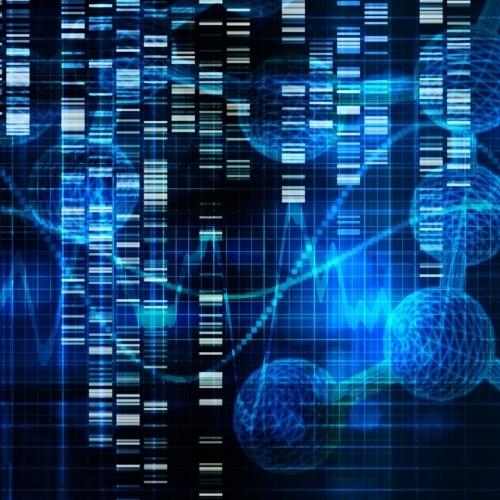Key points from article :
Biological ageing varies between people and drives the world's most fatal diseases.
Data from more than a million people suggests that healthy levels of iron in the blood could be a key to living longer.
Scientists focused on lifespan, years of life lived free of disease (healthspan), and extremely long-lived (longevity).
Found gene sets linked to iron were overrepresented in all three measures.
Blood iron is affected by diet and abnormally high or low levels are linked to age-related conditions.
Researchers design a drug that mimic the influence of genetic variation on iron metabolism.
"Our findings also explain high levels of iron-rich red meat has been linked to age-related conditions" - Paul Timmers, Coauthor.
"Ten regions of the genome we discovered are all exciting candidates for further studies" - Joris Deelen, Lead author.
Research by University of Edinburgh and the Max Planck Institute for Biology of Ageing published in Nature Communications.







